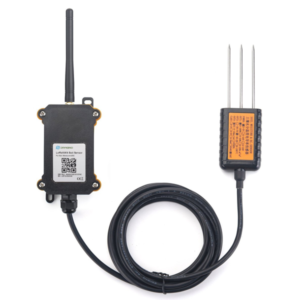UK Government’s New IoT Security Laws: What to Expect
In a bid to bolster cybersecurity across connected devices, the UK government is rolling out new IoT security laws aimed at safeguarding businesses, homes, and individuals. These regulations are set to bring significant changes to how IoT (Internet of Things) devices are managed and protected.
Timetable for Implementation
The government has outlined a clear timetable for these new laws. The regulations are expected to be introduced in phases, with the first set of requirements coming into effect by early 2025. This phased approach allows time for businesses and manufacturers to adapt to the new standards and ensures a smooth transition.
Expected Measures for Vendors
Under the new regulations, vendors will need to implement several key security measures to protect their products and users. These include:
Secure Default Settings: Devices must come with secure default settings, requiring users to set up strong passwords and configure security features before use.
Regular Updates: Vendors are required to provide regular software updates and patches to address vulnerabilities and ensure ongoing protection against emerging threats.
Vulnerability Disclosure: Companies must establish clear processes for reporting and addressing security vulnerabilities in their devices.
Impact on Stakeholders
These measures are designed to enhance the security of IoT devices, reducing the risk of cyberattacks that could compromise sensitive data or disrupt operations. For businesses, this means investing in compliant devices and updating security protocols. For consumers, it ensures a higher level of protection for their smart home devices and personal information.
In conclusion, the UK government’s new IoT security laws represent a crucial step towards a safer digital environment. By implementing these measures, the aim is to create a more secure and trustworthy IoT ecosystem, benefiting businesses and individuals alike.




 Dragino Soil Moisture
Dragino Soil Moisture  Dragino LDS01 Door Sensor
Dragino LDS01 Door Sensor  Dragino LT22222-L I/O Controller
Dragino LT22222-L I/O Controller  Dragino Waterproof Temp Sensor - Weaved Metal PT100 probe SI (-50 ~ 200 °C)
Dragino Waterproof Temp Sensor - Weaved Metal PT100 probe SI (-50 ~ 200 °C)  Adeunis Water Leak Cable Sensor
Adeunis Water Leak Cable Sensor  Adeunis Modbus Sensor
Adeunis Modbus Sensor  Aqualabo Aqua Mod Sensor - Internal Antenna
Aqualabo Aqua Mod Sensor - Internal Antenna